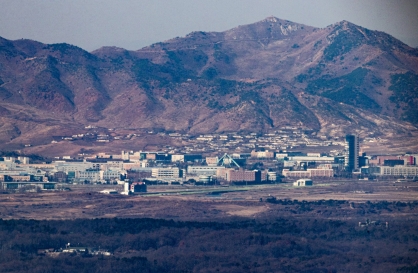South Korea on Friday confirmed 58 additional patients with COVID-19, 55 of them in the Seoul area. The other three were arriving passengers from overseas.
Korea Centers for Disease Control and Prevention’s Director Jung Eun-kyeong said the danger of contagion in the greater Seoul area was “extremely worrying,” as 88 percent of all cases in the last week have been traced to Seoul and adjacent cities.
“Given how quickly the virus spreads, the longer an infected individual stays off the radar, the wider the viral exposure will have been in communities,” she said.
As more people go about their daily routines, there are no zero-risk activities that can be undertaken in any situation where people gather, she said, which is why actively seeking out testing was significant.
After scattered outbreaks emerged around large workplaces including call centers and distribution facilities in the past week, health officials tightened physical distancing requirements on Friday in the Seoul metropolitan region.
Vice Minister of Health and Welfare Kim Gang-lip said in a press briefing Friday that companies and corporations “bear a responsibility for mitigating transmission risks in workplaces,” urging efforts to make physical distancing at work viable.
Since a case was identified at a Coupang distribution center in Bucheon, Gyeonggi Province, on Saturday, health officials have tested 3,836 workers there and their contacts to find 96 were infected. 515 more are undergoing testing.
Upon inspections, health officials said safety guidelines were hardly adhered to at the workplaces with recent outbreaks.
“Having people clustered together and hindering employees from taking sick leaves appear to be among chief causes of workplace contagion,” said the Health Minister Park Neung-hoo during a Central Disaster Management Headquarters meeting Thursday.
Cleaning and disinfecting surfaces routinely and keeping indoors well-ventilated were also crucial, as the coronavirus can survive on different surfaces.
The government eased most of its COVID-19 control measures on May 6 as the country saw a nationwide decline in the disease, reopening in-person classes and allowing businesses to resume normal operations.
But fresh infections following relaxation of the orders exposed the fragility of the containment success, the vice health minister said, once again urging compliance with safety guidelines from citizens.
“Put off all nonessential meetings and gatherings until after June 14 -- when the reinstituted physical distancing guidance expires -- if possible, and exercise increased caution in communal settings,” he said.
“Warming weather has dwindled public commitment to coronavirus safety precautions such as wearing of face masks. Wearing a mask is a must when outside.”
Meanwhile, a series of reports of children falling sick with the coronavirus is raising concerns over schools reopening.
Over 800 schools in areas experiencing active outbreaks have had to return to virtual learning, with education officials encouraging delay in face-to-face teaching on a risk basis.
The government decision to open schools in phases has invited heated public debate.
An April 24 a petition on Cheong Wa Dae website demanding to suspend in-person classes garnered 255,333 signatures, and the hashtag #AgainstOpeningofSchools have trended on social media sites this week.
Pediatric infectious disease specialist Dr. Eun Byung-wook said parents and guardians of school-age children are advised to “lead ascetic lifestyles” once they are back in classrooms.
To reduce the risk of transmission in schools and communities, members of households with children should “refrain from dining out and limit outings as much as possible,” he said.
Former head of the KCDC and pulmonologist Dr. Jung Ki-suck said the decision makers needed to better contemplate the priorities.
Keeping nightclubs and bars open for adults while keeping children out of schools seemed like “misguided policy priorities” that were based neither on principles of public health nor on societal values, he said.
By Kim Arin (
arin@heraldcorp.com)
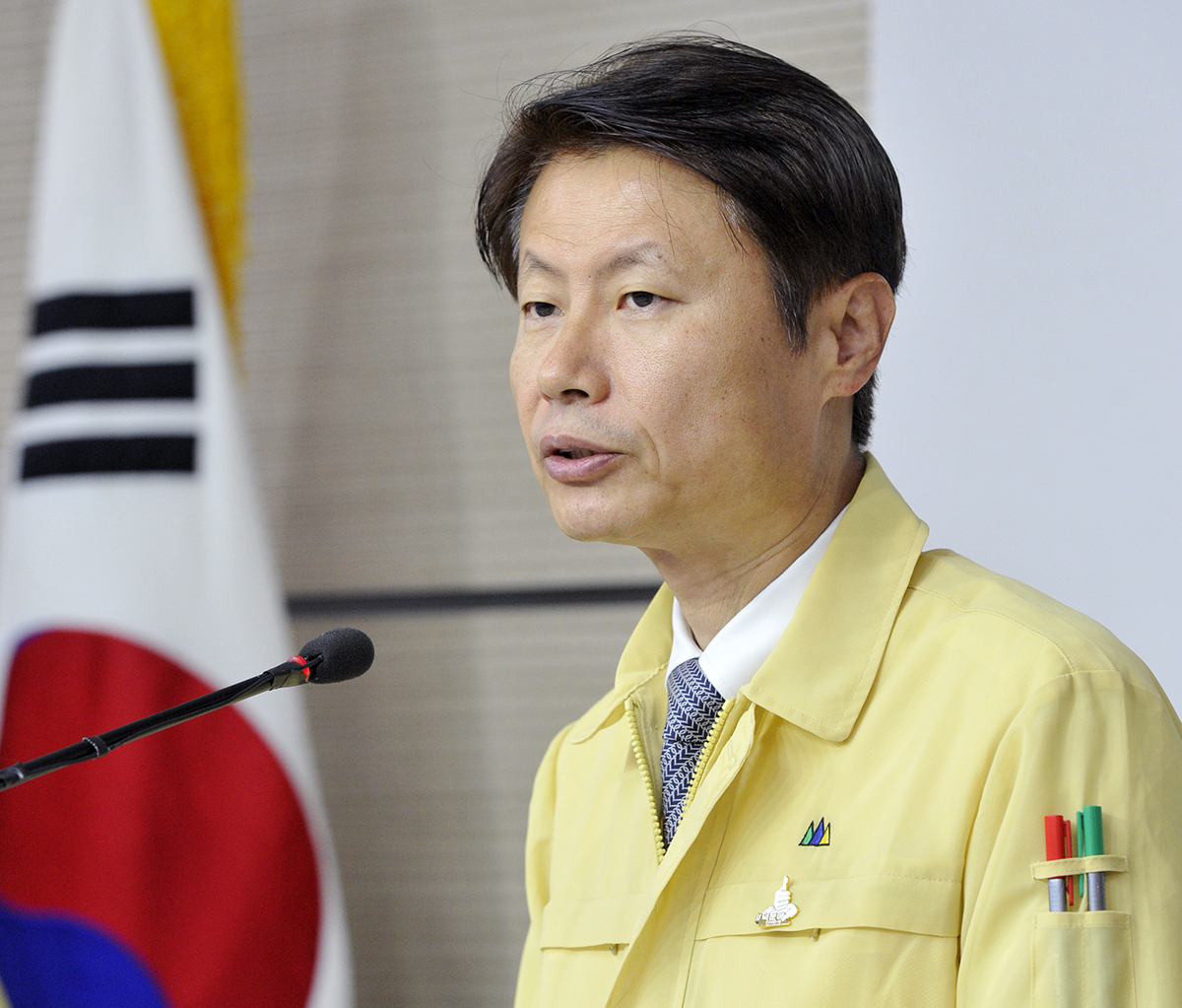
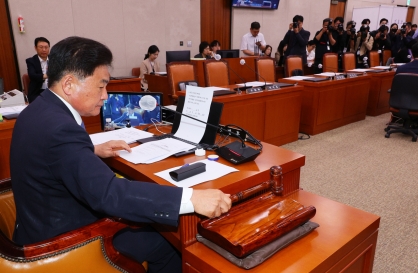
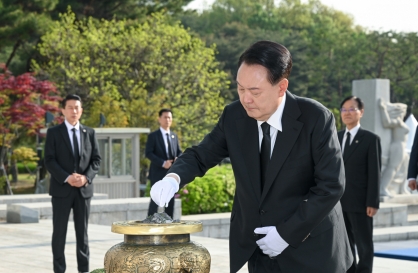
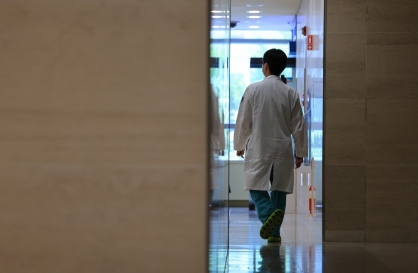
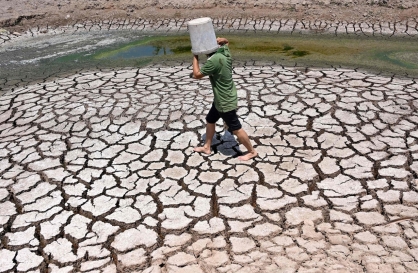

![[KH Explains] Hyundai's full hybrid edge to pay off amid slow transition to pure EVs](http://res.heraldm.com/phpwas/restmb_idxmake.php?idx=644&simg=/content/image/2024/04/18/20240418050645_0.jpg)
